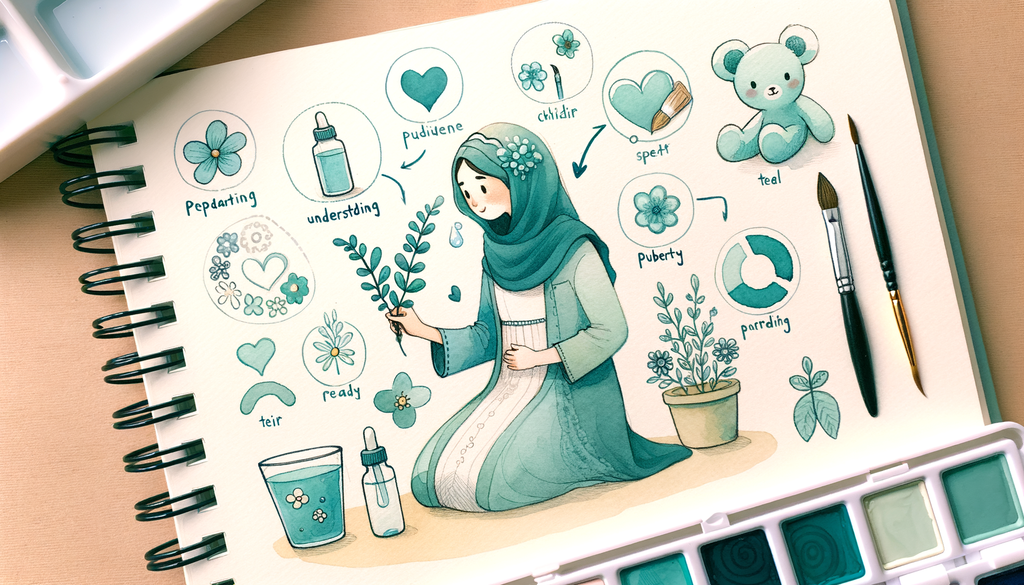Preparing for Puberty: Guidance for Parents of Children with Special Needs

Puberty is a significant and challenging period of change for all young people, but for children with special needs, it can be particularly complex and daunting. Both the physical and emotional changes that occur can feel overwhelming, especially if your child has additional needs that may complicate their comprehension and adaptation to this transition.
As such, it’s of utmost importance for parents and caregivers to prepare themselves and their children for these changes. In this article, we’ll provide guidance, resources, actionable tips, and a discussion on prevalent issues concerning puberty for children with special needs.
Understanding Puberty: What Changes to Expect
Puberty usually starts between ages 8 and 14 for girls, and 9 and 15 for boys. It involves physical changes like growth spurts, development of secondary sexual characteristics, and changes to body shape and size. Simultaneously, the child will undergo significant emotional and social changes, like mood swings, shifting self-concept, and developing sexual feelings.
For children with special needs, these changes can be challenging to understand and cope with. For instance, a child with Autism Spectrum Disorder may have trouble adapting to their changing bodies, and this can cause increased anxiety. On the other hand, a child with ADHD might struggle with impulsivity, which could create additional issues during this time of emotional change.
Some accessible and easy-to-understand resources that explain puberty to children include the “Let’s Talk Puberty” series from Planned Parenthood and the “Girls: What You’ll Need to Know” and “Boys: What You’ll Need to Know” booklets from Choices for Children.
Preparing Your Child for Puberty
Discussing puberty and sexual development openly is crucial in preparing your child. Help your child understand what to expect, answering their questions honestly and using simple, concrete language. Ensure your child knows these changes are normal and an integral part of growing up.
Visual resources like picture books and videos can also be helpful in explaining concepts that may be challenging to articulate in words. For more information on encouraging open communication, check out our previous article, “Autism and Family Life: Navigating Daily Routines”.
Supporting Your Child Through Puberty
Establishing daily hygiene habits is crucial during this period of physical change. Create a simple, structured routine around bathing and personal care, explaining the importance of cleanliness.
Acknowledge and validate your child’s feelings. They might feel anxious, confused, or excited about the imminent changes, and it’s essential to support them emotionally through this transition. Our post, “Giftedness and Anxiety: Coping Mechanisms for Parents and Children”, provides numerous strategies in managing these overwhelming emotions.
Puberty and Special Education Programs
It’s also crucial for your child’s school or education program to be involved in this process, ensuring continuity and reinforcement of the messages and practices at home. Open communication between parents and educators can be beneficial in addressing any behavioral changes that may occur due to puberty. Our article on “The Legal Landscape: Your Child’s Rights in Special Education” can help you understand how you can advocate for your child’s needs during this transition.
Conclusion
Each child will experience puberty differently, and it’s essential to provide them with the education, understanding, and reassurance they need to navigate this essential stage in their life. As parents, your students’ well-being, questions, and concerns should be your primary focus, helping foster a supportive and positive environment during this transition.
Embarking on the journey of puberty with your child can undoubtedly bring a unique set of challenges. Nonetheless, it’s imperative to remember that with adequate preparation, open communication, and understanding, parents, educators, and caregivers can effectively guide children through this significant life stage.